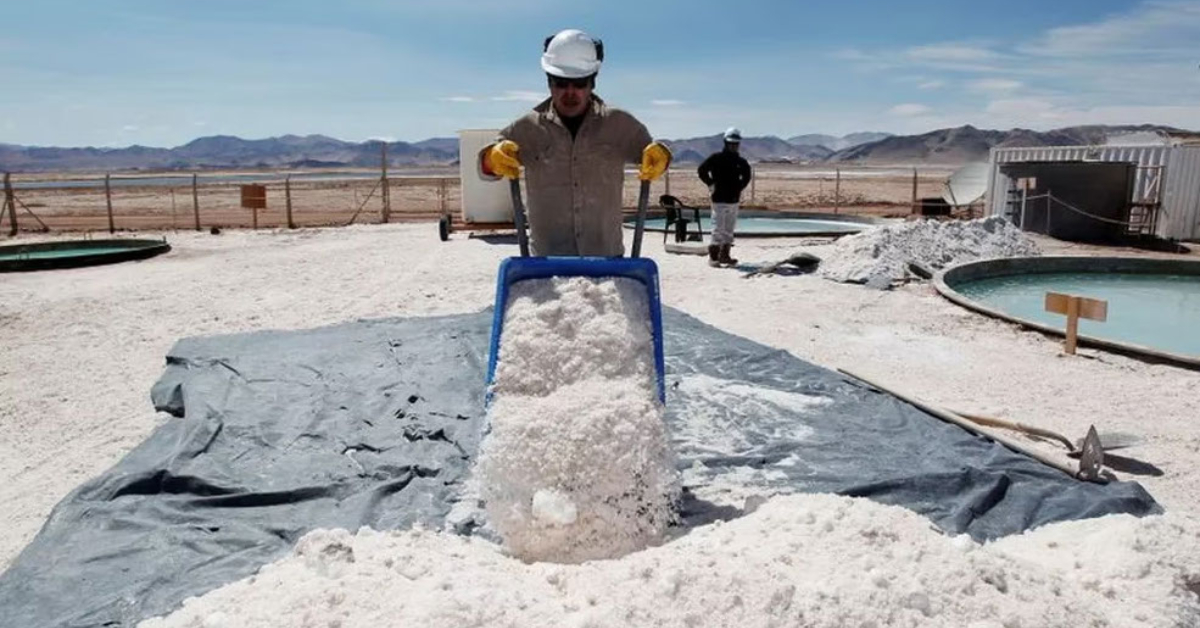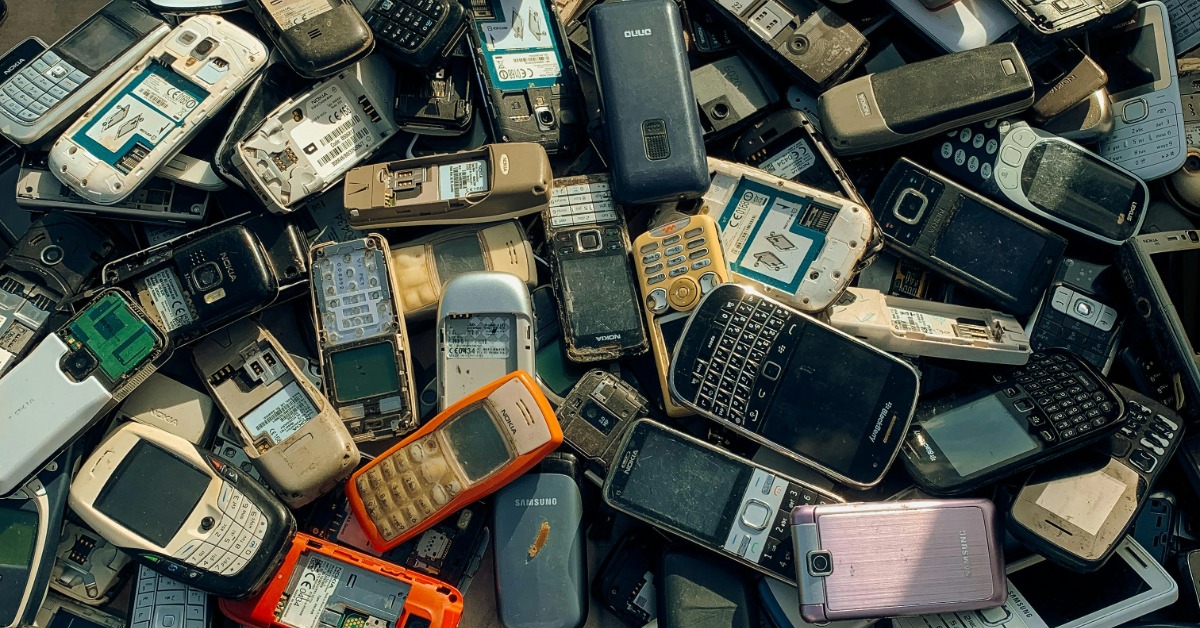Lithium, a mineral of great importance for the clean energy industry, has become the subject of debate after the decree of February 18 that made its exploitation official in Mexico.
The potential economic impact of Mexico's lithium being incorporated into the market is important; There is also talk about the different uses that the Mexican government will promote in different industries.
Sonora will be the home of the state company Litio para México ( LitioMX ), created by decree on August 23, 2022. The governor, Alfonso Durazo Montaño, was appointed by the president, Andr . . .






